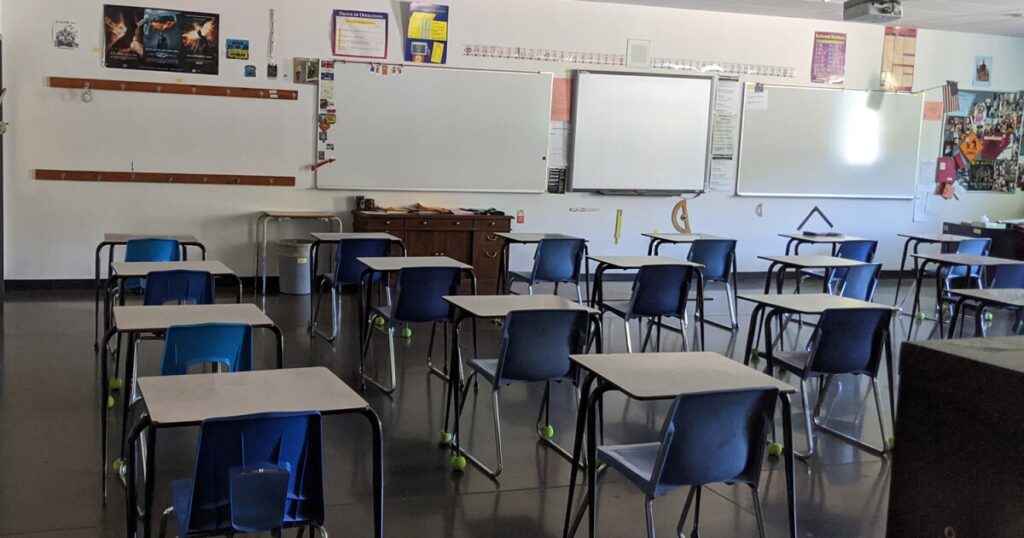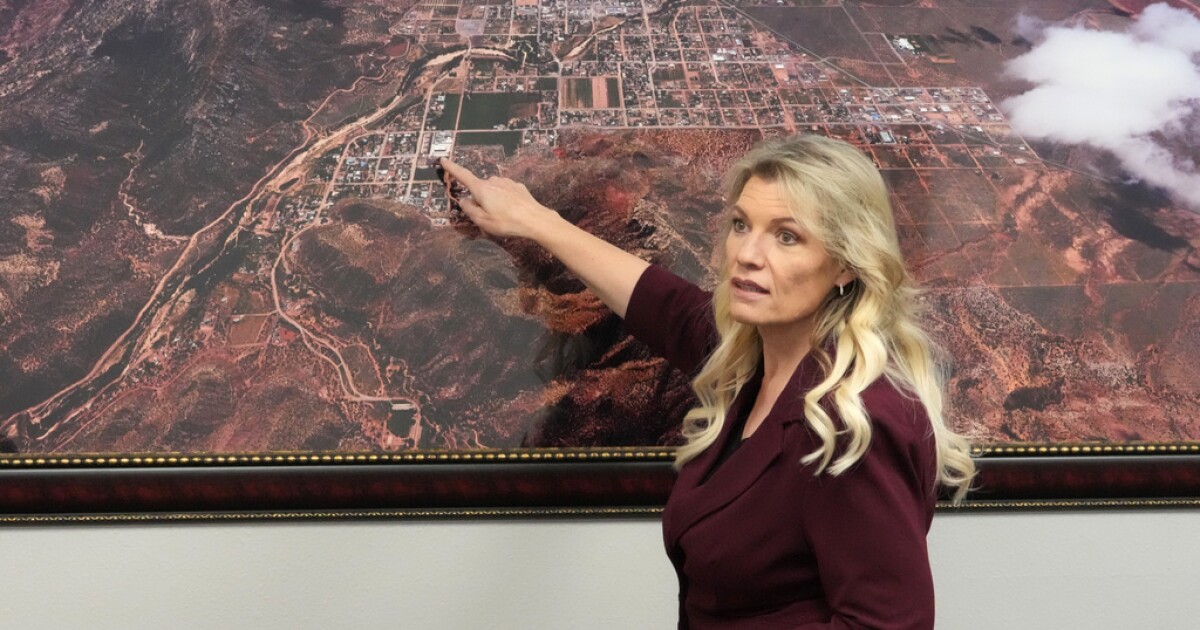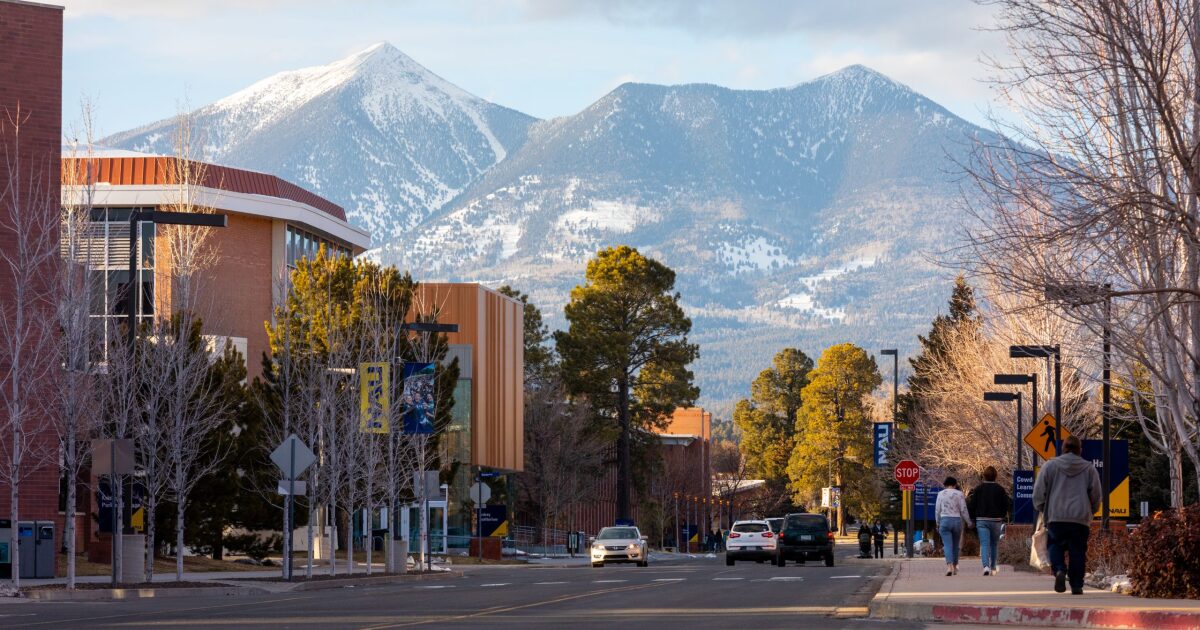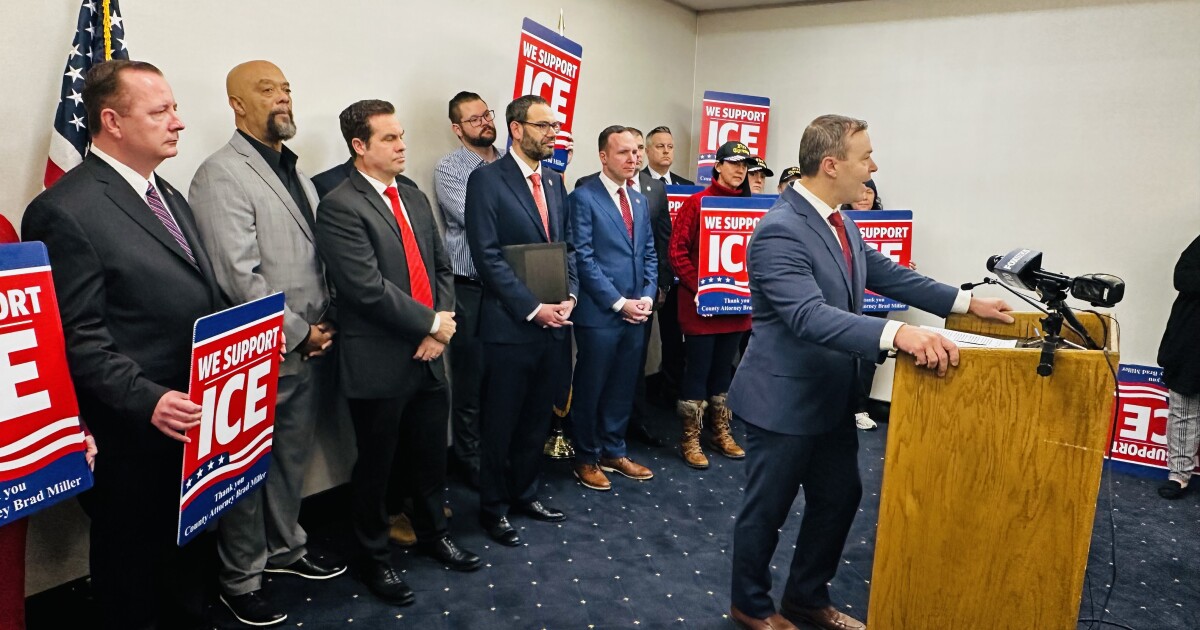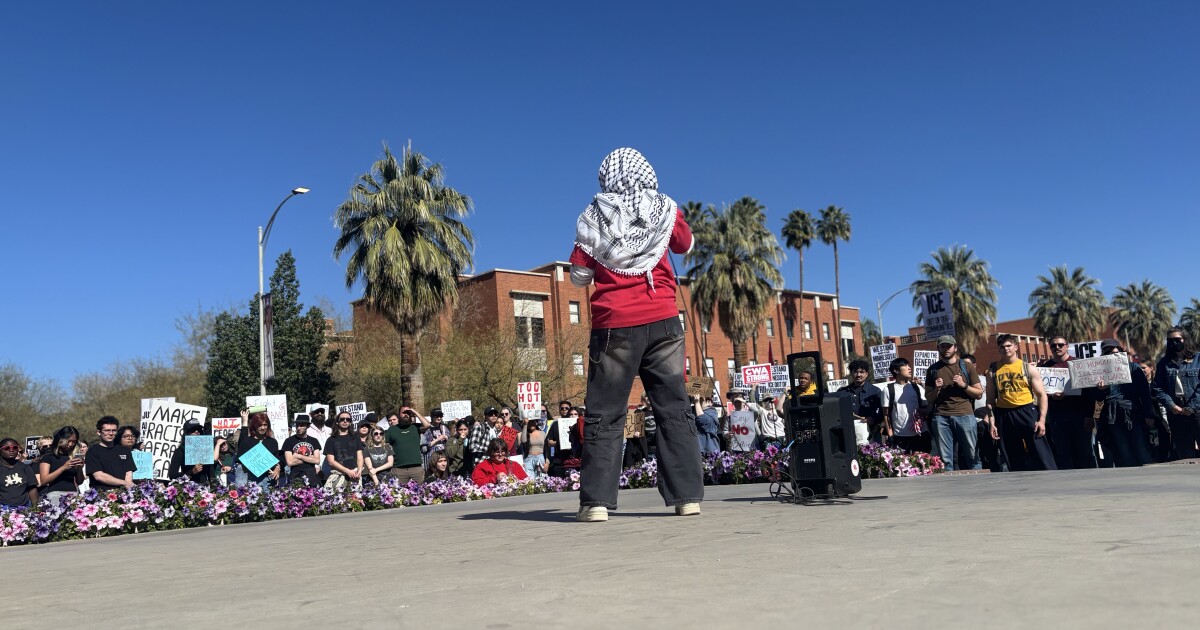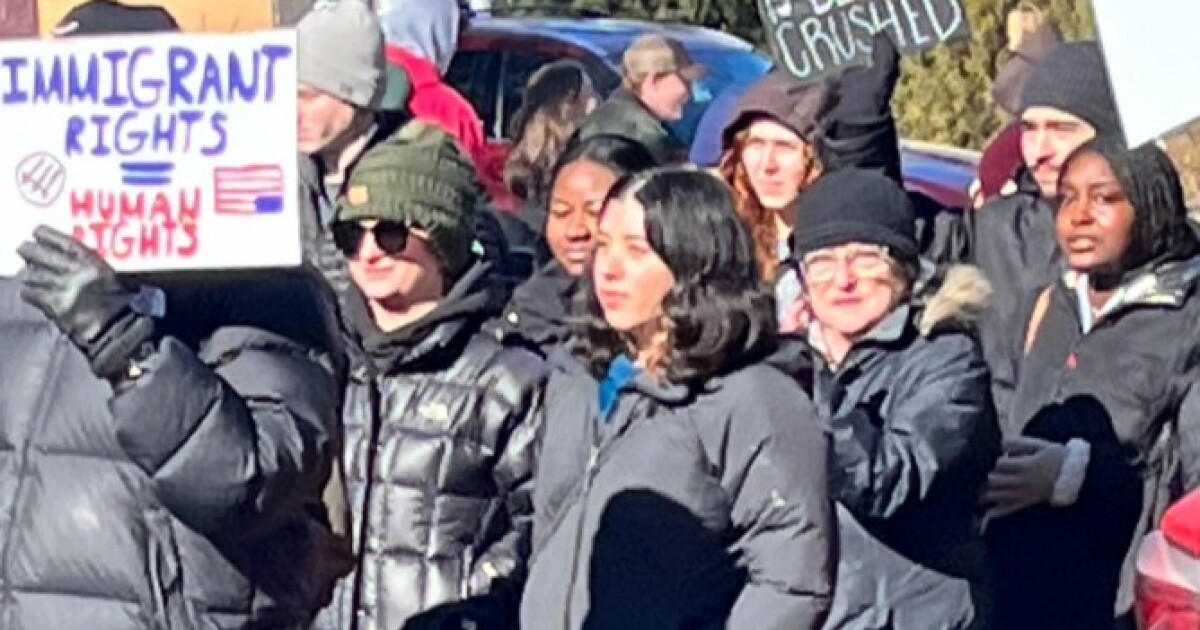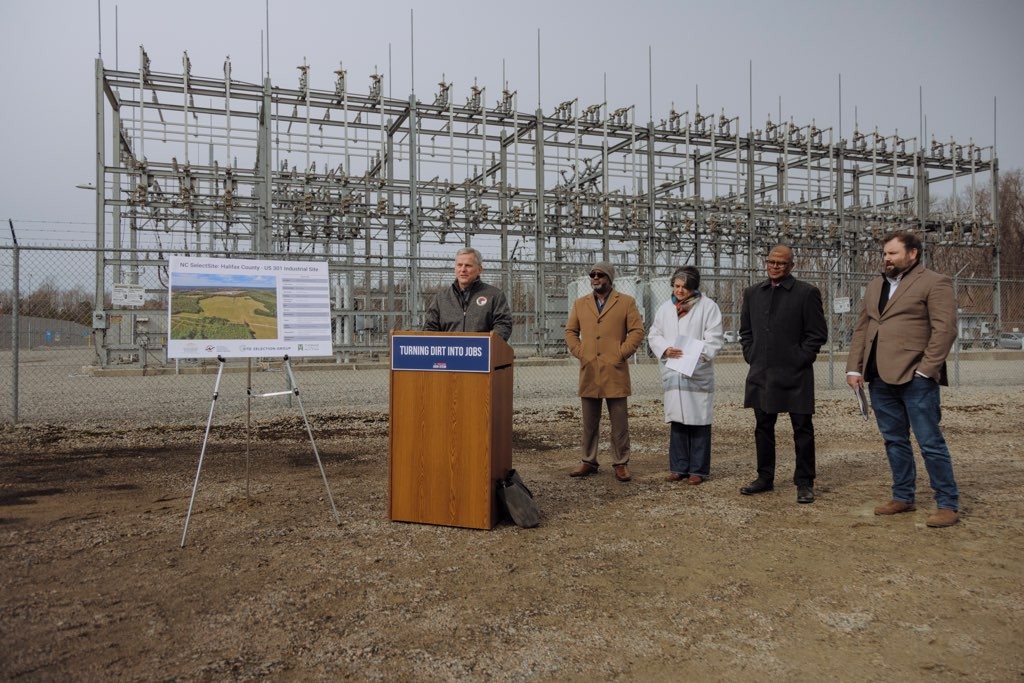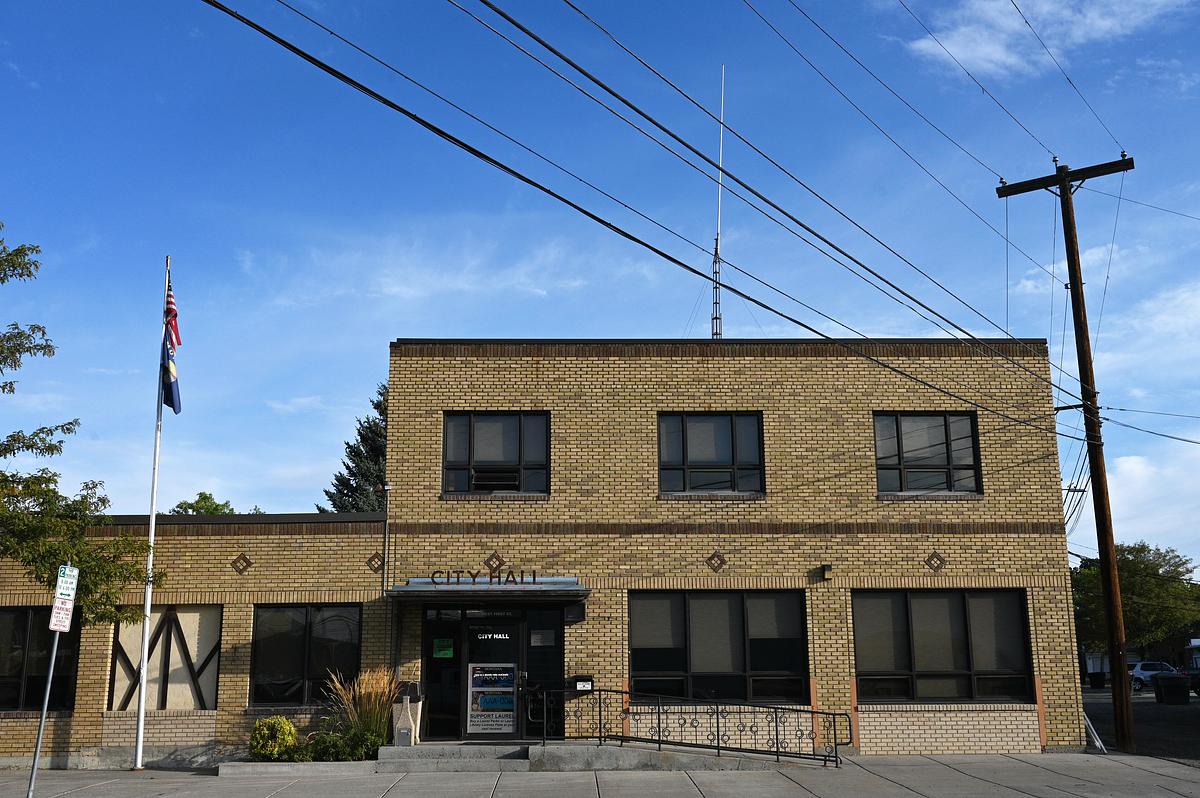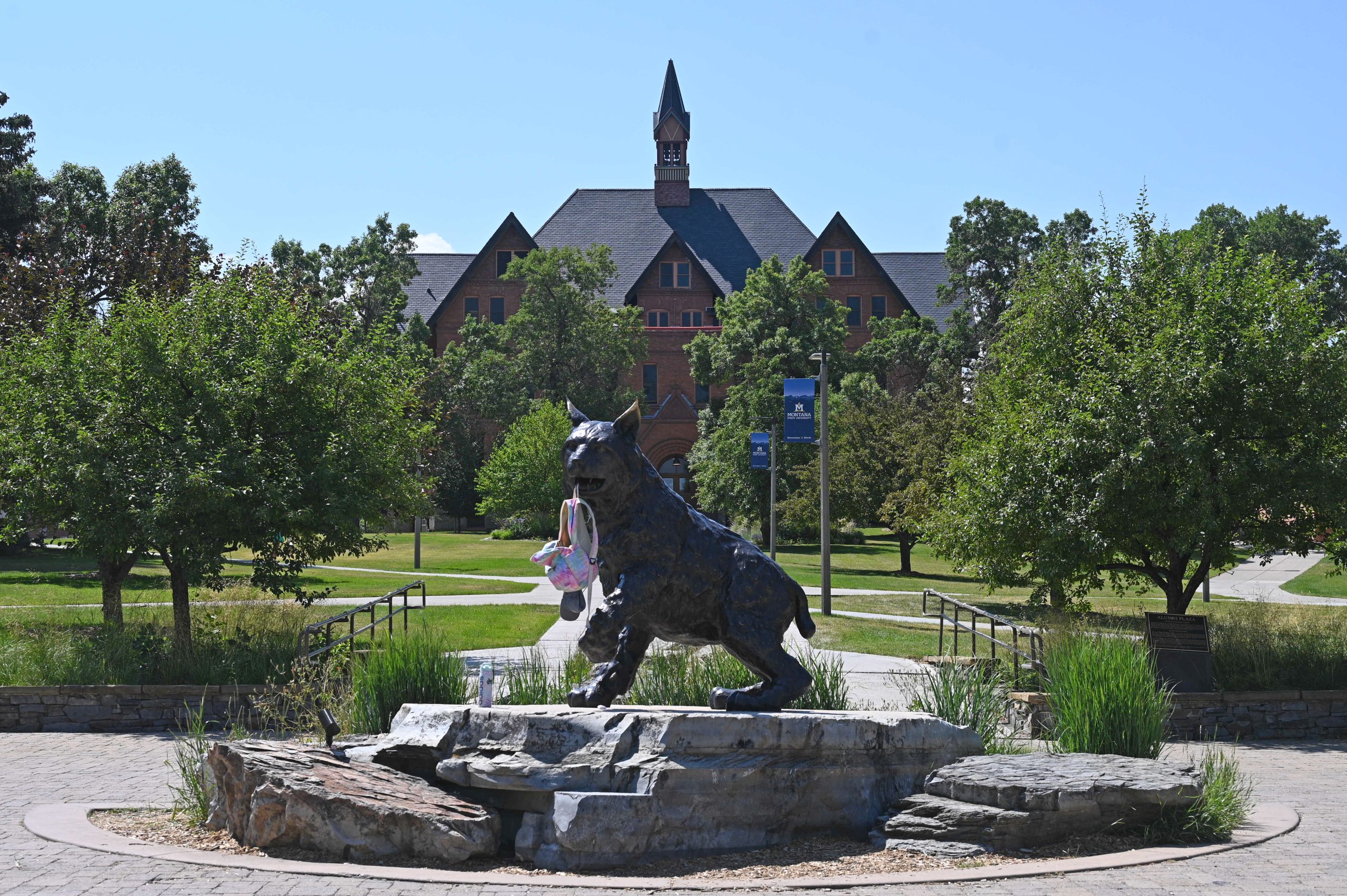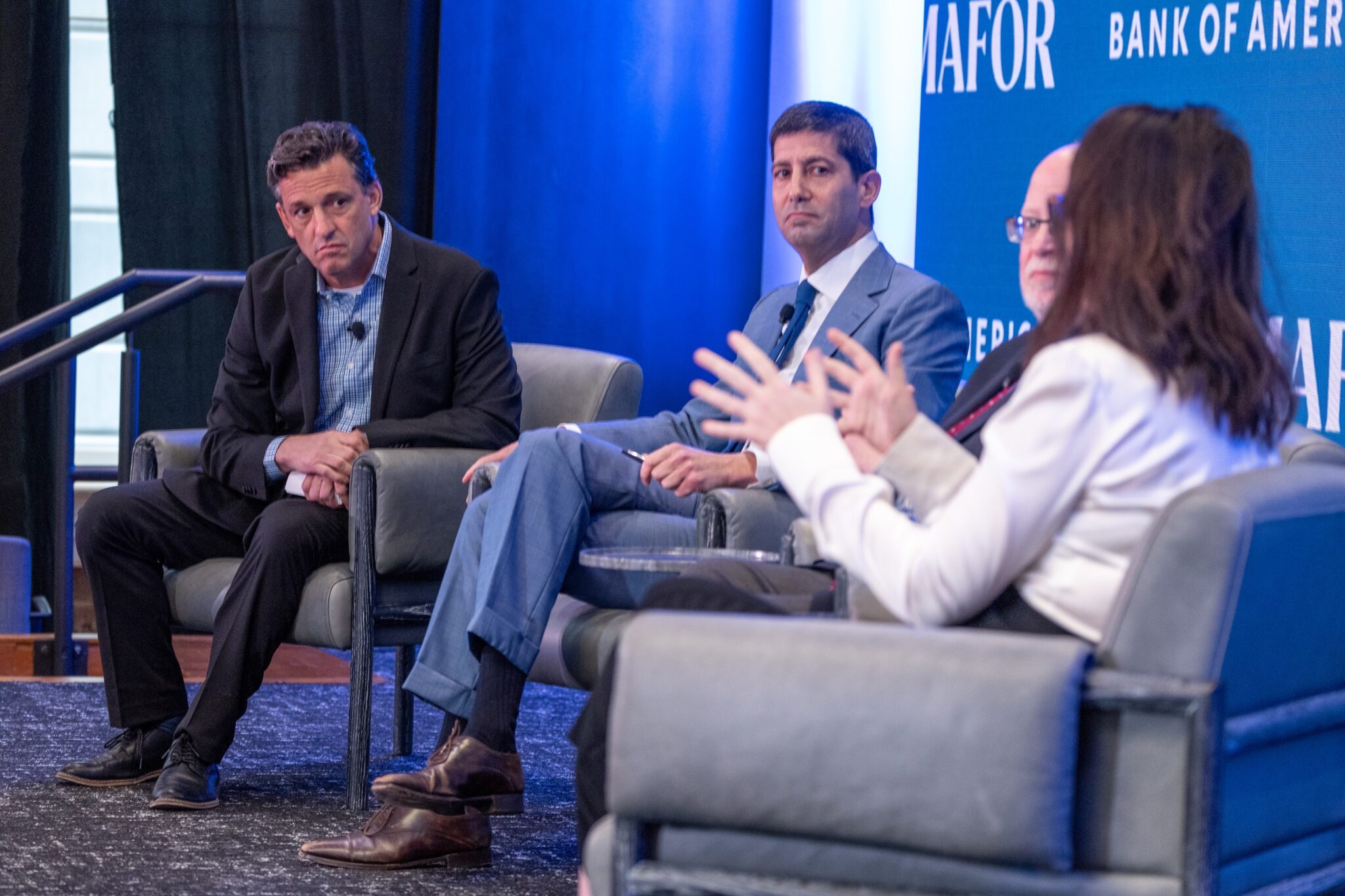Arizona’s Proposition 123: A Push for Extension and Teacher Pay Raises
In Arizona, a significant move is underway as state leaders work towards a critical decision on Proposition 123. This pivotal measure, first approved by voters in 2016, increased the allocation from the state’s land trust fund to public schools from 2.5% to 6.9% for a decade. With its expiration looming, a new agreement is being forged between Republican lawmakers and Democratic Governor Katie Hobbs to extend this funding provision.
Governor Hobbs has unveiled a plan to maintain the 6.9% draw for another ten years, while also proposing a permanent increase to 5.5% from the trust fund. This adjustment aims to secure long-term funding for schools, even after the proposition’s potential expiration a decade from now. Notably, this proposal marks a departure from her previous support for an 8.9% share, aligning more closely with Republican suggestions.
Representative Matt Gress (R-Phoenix), who is spearheading a renewal bill in the Arizona House, expressed optimism about the governor’s shift. “I’m encouraged that Governor Hobbs has acknowledged the Republican position that we want to raise teacher pay and that she’s coming in our direction,” he stated. Similarly, Senator J.D. Mesnard (R-Chandler) is advocating for a similar legislative proposal in the Senate.
The discussions have also highlighted differences in strategic allocation. While Governor Hobbs intends to dedicate over half of the 5.5% draw to teacher pay, resulting in an estimated $216 million over ten years, Republicans like Mesnard have emphasized a focus on using all new funds specifically for teacher salary increases. Mesnard pointed out, “I think that not only is the right policy, but I think it sells better with the voters.”
Concerns about fund sustainability are also influencing the debate. State Treasurer Kimberly Yee has advised caution, suggesting reduced allocations to prevent depleting the fund during economic downturns. Mesnard’s proposal suggests a permanent draw of 4.5%, slightly less than the governor’s plan, in an effort to balance immediate needs with long-term viability.
As the deadline nears, election officials have indicated limited options for a special election, with some Republican leaders comfortable delaying the ballot measure until 2026. Should the renewal not occur by June, the state’s general fund is expected to compensate the roughly $300 million shortfall that schools would face next year, as noted by legislative budget staff.
Despite differing views, there is a shared recognition of the importance of reaching a consensus. “I think that ultimately you win through addition and not subtraction, and we want as many people supporting this proposal as possible,” Gress remarked, summarizing the collaborative spirit needed to secure the future of Arizona’s educational funding.
KJZZ’s Camryn Sanchez contributed to this report.
—
Read More Arizona News

